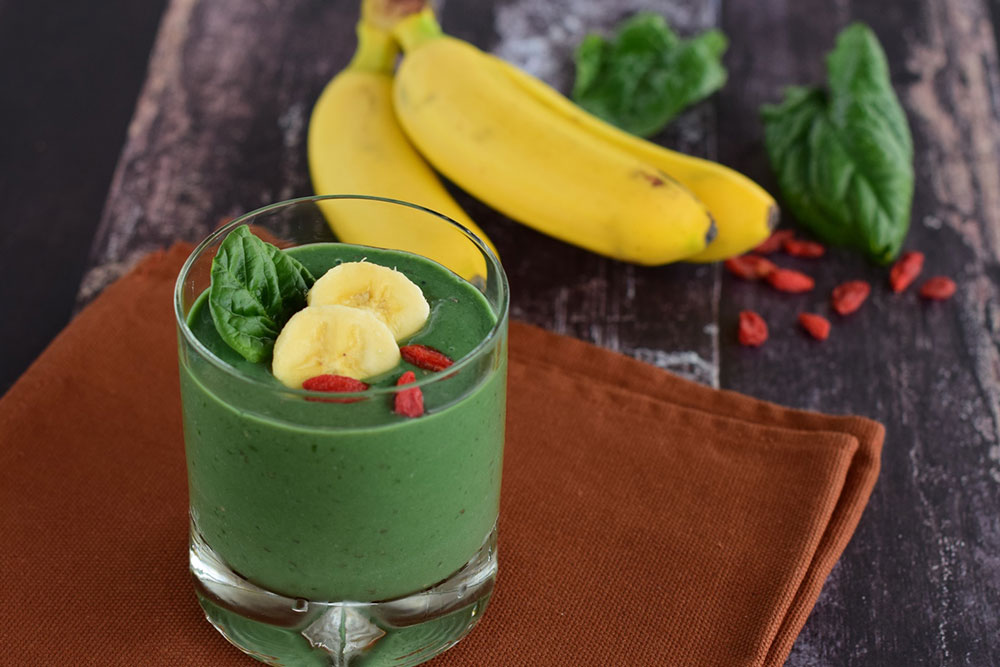Comprehensive Guide to Foods That Can Exacerbate Irritable Bowel Syndrome Symptoms
This comprehensive guide explores foods that can worsen symptoms of Irritable Bowel Syndrome (IBS). It provides detailed insights into dietary triggers such as insoluble fiber, gluten, fatty foods, and dairy, offering practical advice on how individuals can modify their diet for better symptom control. Understanding and managing these triggers can significantly enhance daily comfort and overall well-being for IBS patients. The article emphasizes the importance of personalized dietary strategies and consulting healthcare providers for optimal management.

Understanding Foods That May Increase Symptoms of Irritable Bowel Syndrome
Irritable Bowel Syndrome (IBS) is a chronic gastrointestinal disorder that affects a significant portion of the population worldwide. Characterized by symptoms such as abdominal pain, bloating, diarrhea, and constipation, IBS can severely impact a person's quality of life. Although it is not considered life-threatening, managing symptoms remains a challenge for many sufferers. The disorder involves abnormal functioning of the large intestine, leading to discomfort and irregular bowel movements. While the exact cause of IBS remains unknown, research suggests that diet plays a crucial role in exacerbating or alleviating symptoms.
Understanding which foods trigger IBS symptoms can be vital for managing the condition effectively. Certain foods contain specific components that can irritate the gastrointestinal tract, leading to flare-ups. Recognizing these triggers and modifying diet accordingly can significantly improve daily comfort. The following are common food categories and items that have been identified as potential irritants for those with IBS.
High Insoluble Fiber Foods – Dietary fiber is essential for digestive health, promoting regular bowel movements and preventing constipation. However, an excess of insoluble fiber—found in many raw vegetables and whole grains—can sometimes aggravate IBS symptoms by increasing bowel urgency and discomfort. Instead, individuals may benefit from increasing soluble fiber sources, which tend to be gentler on the digestive system. Foods rich in insoluble fiber to approach cautiously include bell peppers, eggplant, celery, and whole grains like wheat bran. Moderation and proper selection of fiber types are key to maintaining gut health without triggering symptoms.
Gluten – Gluten is a protein found in wheat, barley, and rye. Many people with IBS report symptom improvements after adopting a gluten-free diet. Although gluten sensitivity is distinct from celiac disease, both conditions can cause similar gastrointestinal distress. Eliminating gluten-containing foods such as bread, pasta, and baked goods can significantly reduce bloating, diarrhea, and abdominal pain for certain individuals. Exploring gluten-free alternatives, including rice, corn, quinoa, and gluten-free baked products, can help manage symptoms effectively.
Fried and Fatty Foods – Foods high in fat, especially deep-fried items, are notoriously difficult to digest. They can slow gastric emptying and increase intestinal motility issues, leading to discomfort and symptom flare-ups in IBS sufferers. Common culprits include fried chicken, french fries, onion rings, and greasy snacks. Limiting these types of foods and opting for healthier cooking methods like baking, steaming, or grilling can reduce gastrointestinal stress. Emphasizing balanced meals with moderate fat content can improve digestion and overall comfort.
Diary and Lactose-Containing Products – Lactose intolerance is quite common among those with IBS. Consuming dairy products such as milk, cheese, yogurt, and ice cream can lead to symptoms like bloating, diarrhea, and cramping. For individuals sensitive to lactose, reducing or eliminating dairy can make a notable difference. It's advisable to explore lactose-free dairy options or plant-based alternatives like almond milk, soy milk, and coconut yogurt. Consulting with a healthcare professional can help determine whether lactose intolerance contributes to symptoms and guide appropriate dietary adjustments.
It’s important to remember that triggers vary widely among individuals. Keeping a detailed food diary to track what foods cause symptoms can help develop a personalized management plan. Combining dietary modifications with other lifestyle adjustments, such as stress management and regular exercise, can further improve quality of life for IBS sufferers.





